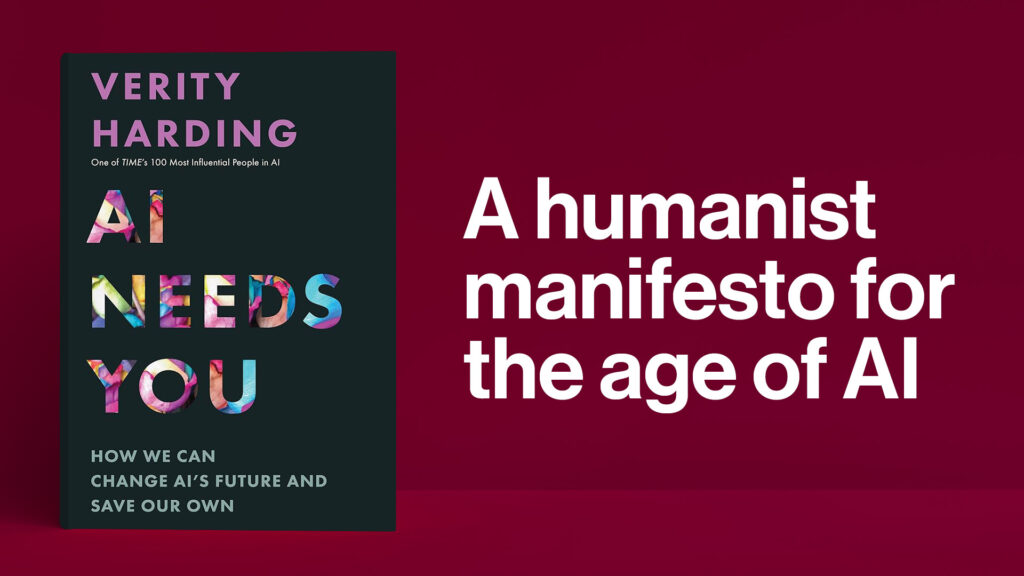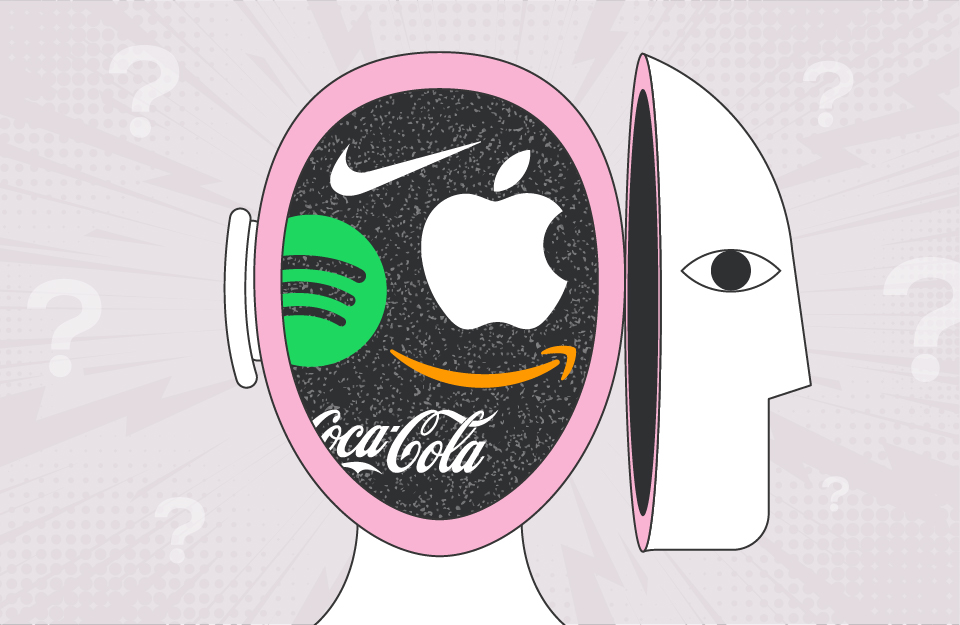by Lauren Rennet
Grandad’s mastery of languages saw him recruited as a civilian by the foreign office into the position of Cryptanalyst in the naval intelligence section. His team, with arguably the most difficult job of all at Bletchley, cracking the Enigma-encoded communications from German naval operations, occupied the now legendary Hut 8, led by Alan Turing himself. The Ultra intelligence produced at Bletchley Park is estimated to have shortened the war by two to four years.
Like all his colleagues at Bletchley, Grandad respected the Official Secrets Act and never spoke of his work there in his lifetime. The little we do know has been gleaned from the sparse records and roll of honour at Bletchley Park. However, it was always clear that his life had been significant and he was keen to share his language and ‘puzzle’ skills with his grandchildren. He would create little code-breaking games for me and my brother, he was the first in the family to purchase a home computer and was keen for us to follow suit, toute suite. He played chess daily against a handheld computer opponent he nicknamed ‘Mr Karpov’ and relished the Listener crossword competitions, which he would win from time to time. It all adds up now that we know!
I clearly remember sitting at the table as a teenager, with Grandad tutoring me in French and German to help me prepare for my sixth-year exams. He encouraged me to look for patterns in all languages, of which he was fluent in five, proficient in Japanese and Russian and could pick his way around the rest with relative ease. I wish I had maintained my (much less impressive) language skills which are now more suited to holiday conversations.
If only Grandad could be here to witness how far the innovations started at Bletchley have evolved. I am certain that while he would be thrilled by AI’s positive potential, his personal code of ethics would also be alarmed by the apparently loose governance of its rollout.
It was in this mindset that Verity Harding’s book “AI Needs You” jumped out to me in the bookshop. It’s a good digestible read and I recommend it.

Verity is a prominent expert in artificial intelligence and technology policy, recognised as one of Time’s 100 Most Influential People in AI for 2023. She serves as the Director of the AI and Geopolitics Project at the Bennett Institute for Public Policy and has held significant positions at DeepMind, where she co-founded the ethics and society unit. With a background that includes advising the UK Deputy Prime Minister and leading public policy at Google, Harding combines her extensive experience in technology and governance to advocate for ethical AI development, highlighting the need for democratic engagement in shaping its future.
Verity makes a strong case for why we all need to get involved in the ethical development of artificial intelligence. She points out that as AI becomes a bigger part of our lives, it’s essential for society to have a say in how it evolves.
Harding emphasises that we should align AI with democratic values and prioritise human well-being over profit.
By reflecting on past technological revolutions, she encourages us to ensure that AI is shaped by the values we care about and that it operates in ways that build public trust. The book raises important ethical concerns, like surveillance, privacy issues, and job displacement, reminding us to stay alert about how our data is used.
Ultimately, Harding’s message is clear: shaping the future of AI isn’t just up to the tech experts; it’s a responsibility we all share.




